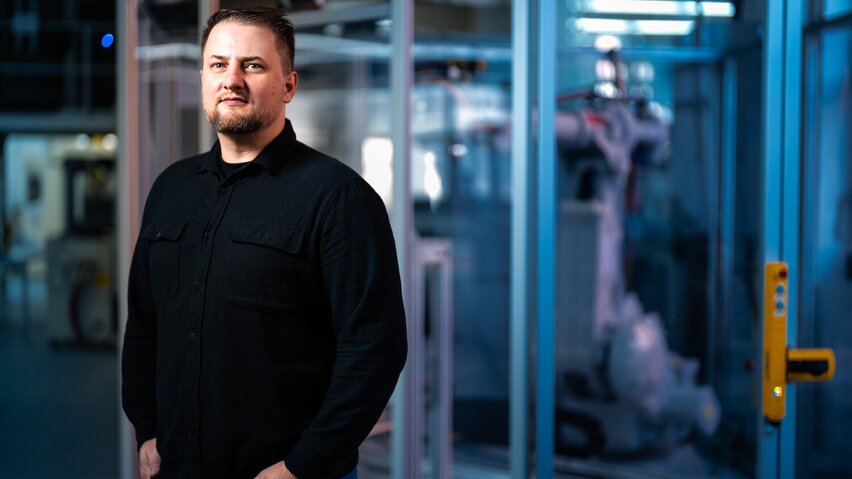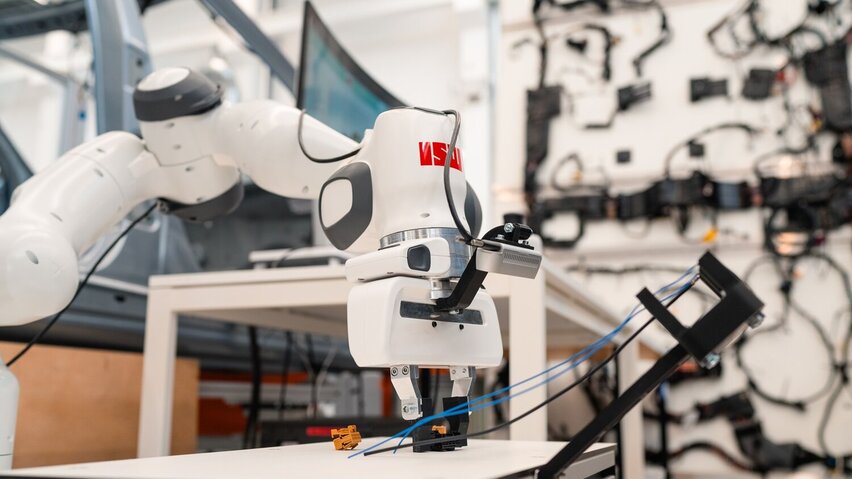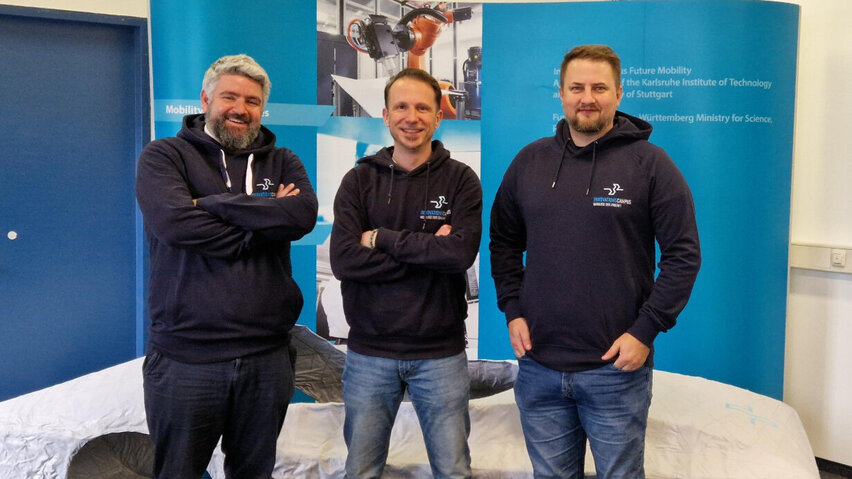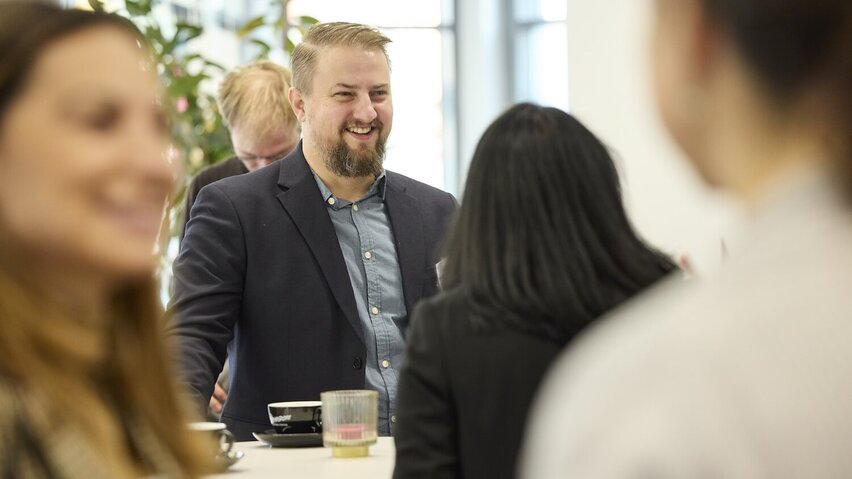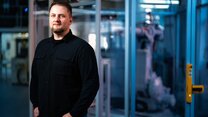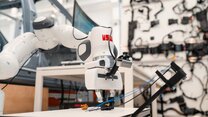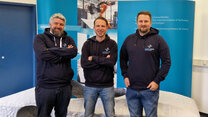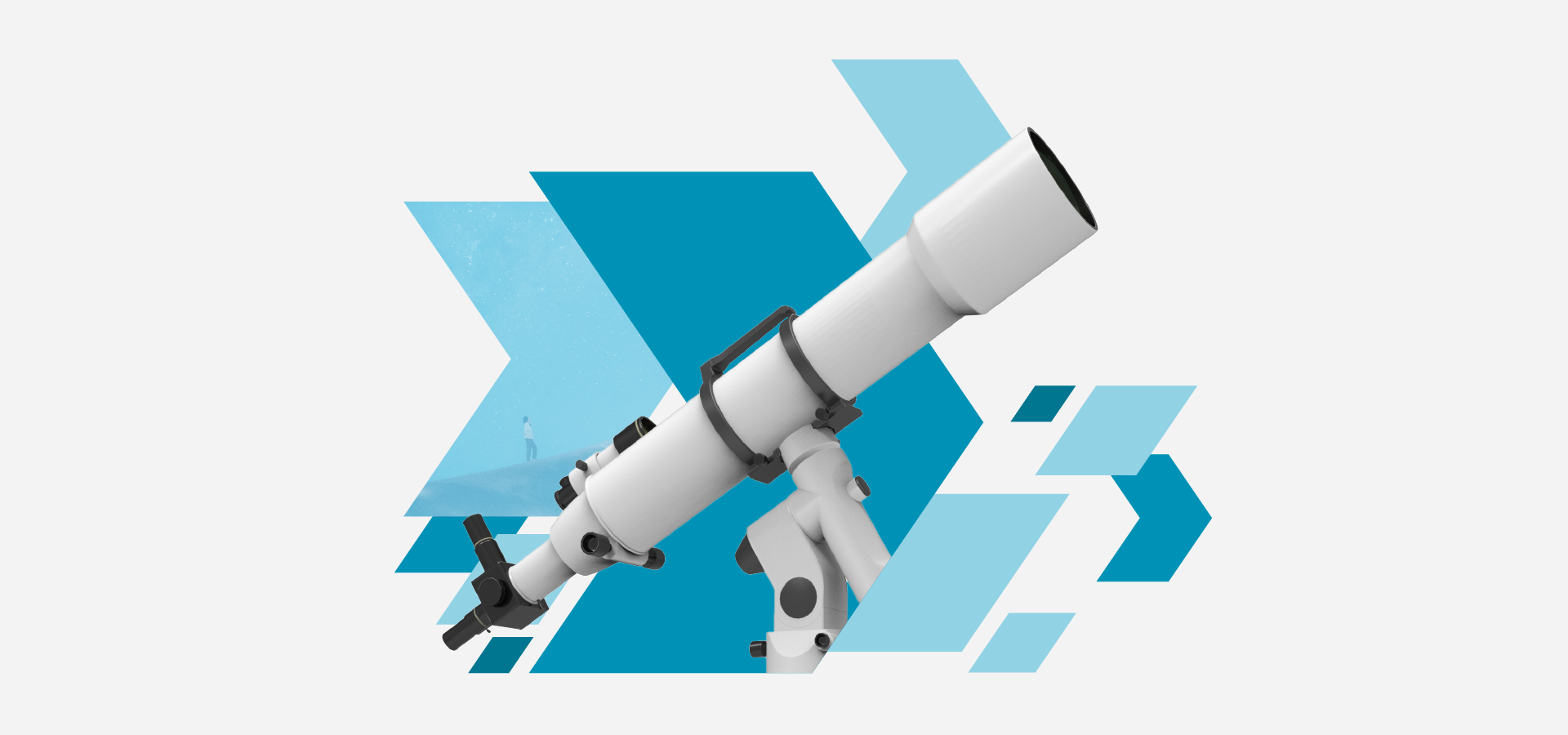
An interview with Professor Michel Albonico
July 10, 2024
The interview was conducted in English.
Michel Albonico is Adjunct Associate Professor at the Technological Federal University of Paraná (UTFPR), Brazil. As a scientist he is not only a dedicated in teaching software engineering and distributing programming in computer science programs but also in leading several research groups and innovation projects (e. g. IntelAgir). His research interest mainly lies in software engineering and its nuances, focusing on its application to cybernetic robotics systems and the Internet of Things. The ICM is honored to welcome Michel Albonico to Stuttgart, as he brings not only his research expertise, but also extensive international experience.
Please describe or pitch your project in one or two sentences.
The main goal of the project is to study autonomous solutions for reconfiguring ROS-based robotic systems in an energy-efficient manner. For this, we are applying Machine Learning techniques, including Linear Regression and Reinforcement Learning to decide how to tune ROS packages' parameter configurations in a way the energy efficiency is reached without demeaning the performance and other quality attributes of the system.
How did you become acquainted with us? How did you come into contact with your host institution?
Professor Andreas Wortmann is a well-known fellow in the Software Engineering community. Since I had the opportunity to leave my professorship duties and our research interests match, he was one of the natural targets as a potential collaborator. We considered other funding, such as Humboldt collaborations among Germany and Brazil. However, Professor Wortmann suggested the ICM funding, which extension is shorter and; therefore, a better choice for a researcher with a family like me.
The stay at the Institute for Control Engineering of Machine Tools and Manufacturing Units (ISW) of the University of Stuttgart is particularly important/interesting for my research because…
The ISW is a strong institute in the field of robotic-based automation for the local industry, which is also outstanding. Therefore, my stay was valuable in the sense of knowing some of the industrial needs, which helped to align my research to something that can in the future stand as a ROS architectural choice.
How did you perceive the work here at the University of Stuttgart? What did you like the most?
I enjoyed the vibrant environment I had been part of. I had all the help I needed, and all the communication and exchanges with the staff and colleagues were very warmful.
Bucket list: Can you share your top three experiences in Germany?
- The Christmas market was something culturally very important.
- Füssen and Schloss Neuschwanstein regarding landscape and weather. My family loved it, too.
- As a work-related highlight, I would list the "first ROS Meetup" at the FZI in Karlsruhe where I had the opportunity to present our project to a more industry-based audience.
For me, the ICM stands for ...
A booster for the scientific community, which gave me a unforgettable experience that will be remembered forever. I did not follow that close the ICM mission, but as close as I could get, I see it as essential for emerging research and for the integration between industry and academia projects.
